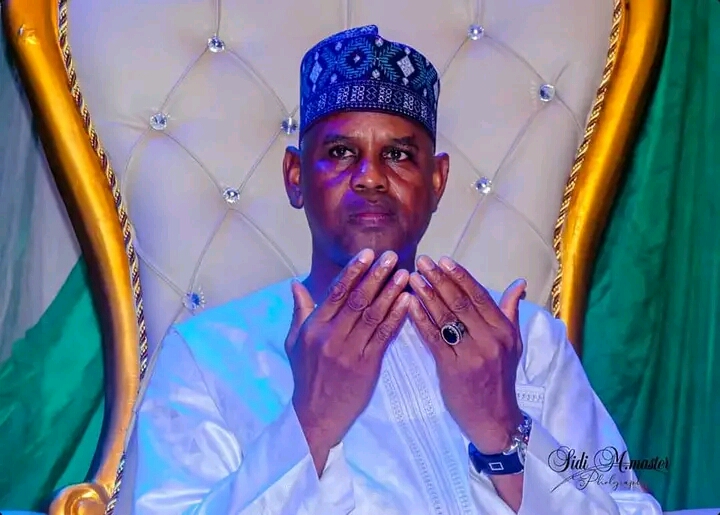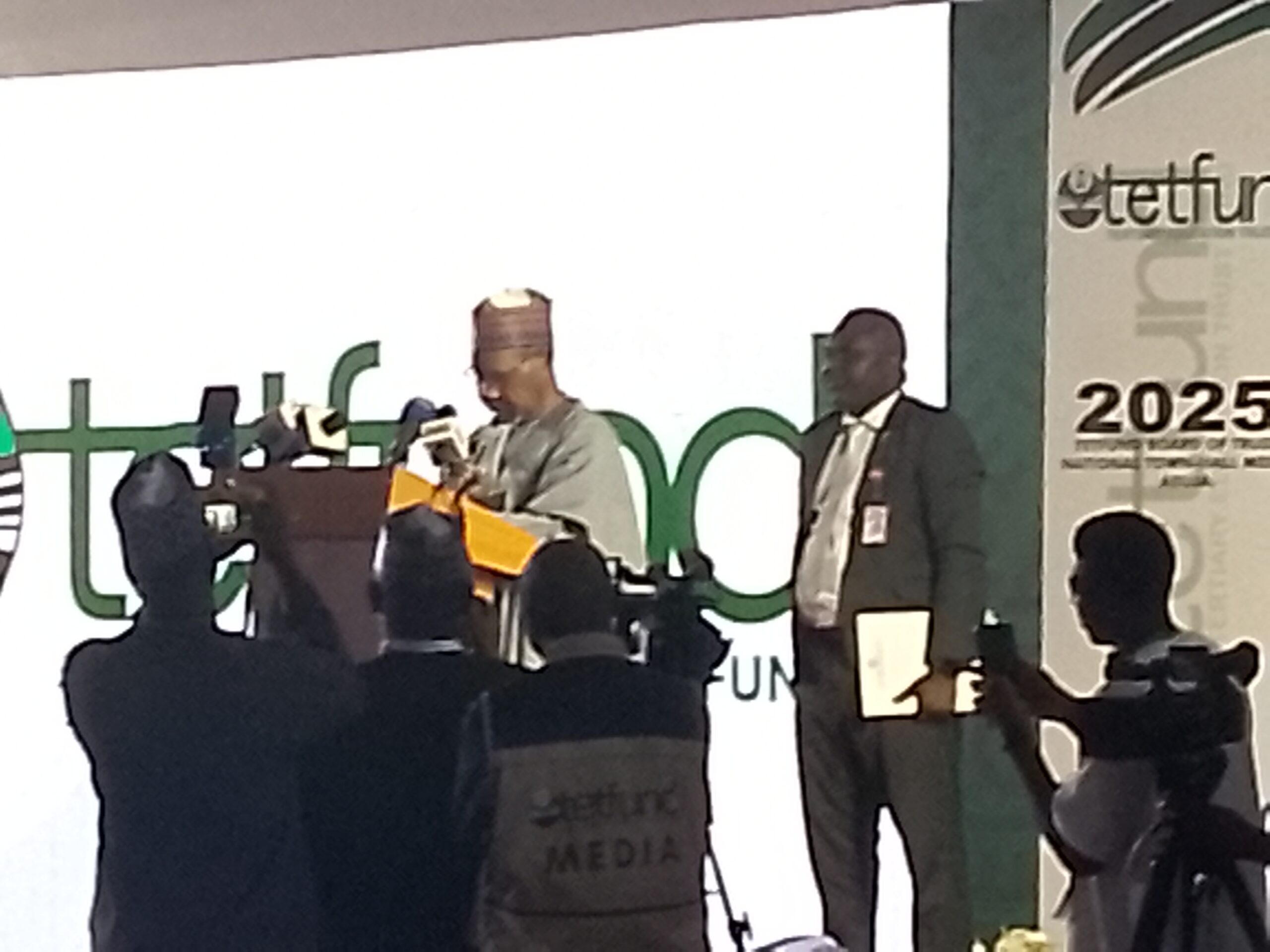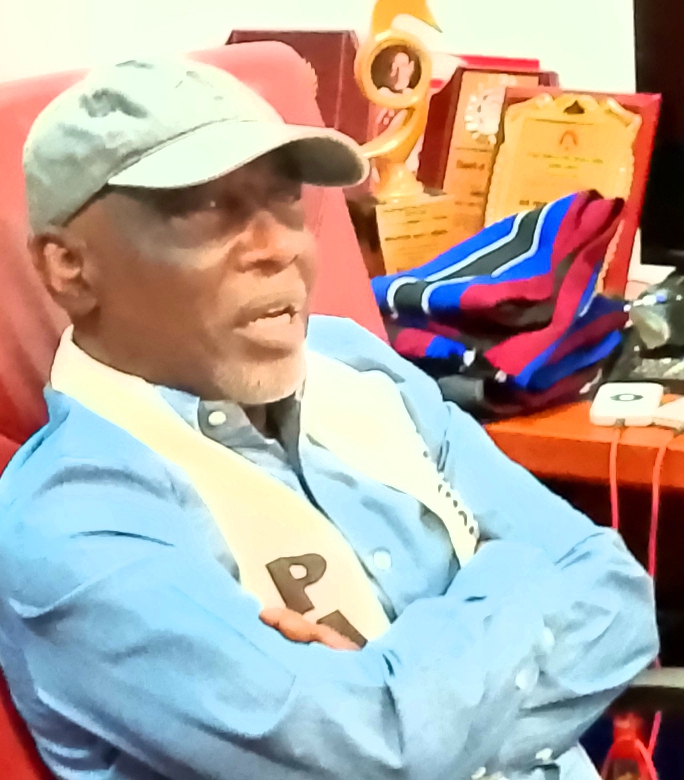
By Fatima Saka
The Federal Ministry of Health and Social Welfare has called for a nationwide movement to digitize Nigeria’s healthcare system, declaring digital transformation as the backbone of ongoing health sector reforms.
The Minister of State for Health and Social Welfare, Dr. Iziaq Adekunle Salako, made this called during his keynote address at the National Stakeholders Meeting of the Nigeria Digital Health Initiative (NDHI) held Monday in Abuja.
Speaking to a cross section of state commissioners, digital health experts, private sector players, and development partners, Dr. Salako described the NDHI as a “decisive moment” in Nigeria’s journey toward an integrated, efficient, and people-centered health system. The initiative, he said, is a core component of the Tinubu administration’s Renewed Hope Agenda and the Health Sector Renewal Investment Initiative.
“For too long, our health system has suffered from fragmented service delivery and poor data infrastructure,” the minister said. “The NDHI offers us a chance to overhaul the digital foundation of healthcare in Nigeria and ensure data, technology, and people are at the center of decision-making and care delivery.”
Launched in March 2024, the NDHI is anchored on three key components:
An Interoperable Digital Health Services Network comprising open, modular, and connected tools.
The Health Claims Exchange (HCX) to track health financing, reduce fraud, and enable real-time, data-driven purchasing decisions.
The Health Information Exchange (HIE) to allow seamless and secure data sharing across public and private facilities nationwide.
According to Dr. Salako, these components will form a unified national health data space capable of powering everything from clinical decisions and outbreak surveillance to innovation by startups and efficient resource planning.
The minister emphasized that the full implementation of the NDHI will eliminate paper-based systems, enable real-time monitoring of health indicators across the country, and empower local innovators to develop digital solutions.
“This is not just a federal initiative—it is a national imperative,” Salako said. “It belongs to all of us: states, health workers, the private sector, and ultimately the Nigerian people.”
He called on stakeholders to seize the three-day meeting as a launchpad for coordinated implementation, urging state-level buy-in, clear roles for digital focal persons, and structured alignment on digital architecture, standards, and data governance.
“The stakes are high,” he warned. “Every commissioner of health must see this as a critical healthcare enabler to be delivered before May 2027. The future of equitable, efficient, and accountable healthcare depends on it.”
READ ALSO: Furniture Summit 2025: Ministers, NBTE Chief Moves for Local Content, Youth Empowerment in Nigeria
TETFund Chairman Aminu Bello Masari to Lead Interior and Furniture Summit 2025
The NDHI, endorsed by the National Council on Health in November 2024, is expected to unify existing platforms such as DHIS2, SORMAS, NHIA systems, LMIS, and electronic medical records into a cohesive national digital health architecture.
As the meeting continues over the next two days, participants are expected to finalize action plans for state-level implementation, develop technical frameworks, and map out a realistic path toward full digitization of Nigeria’s health system.





